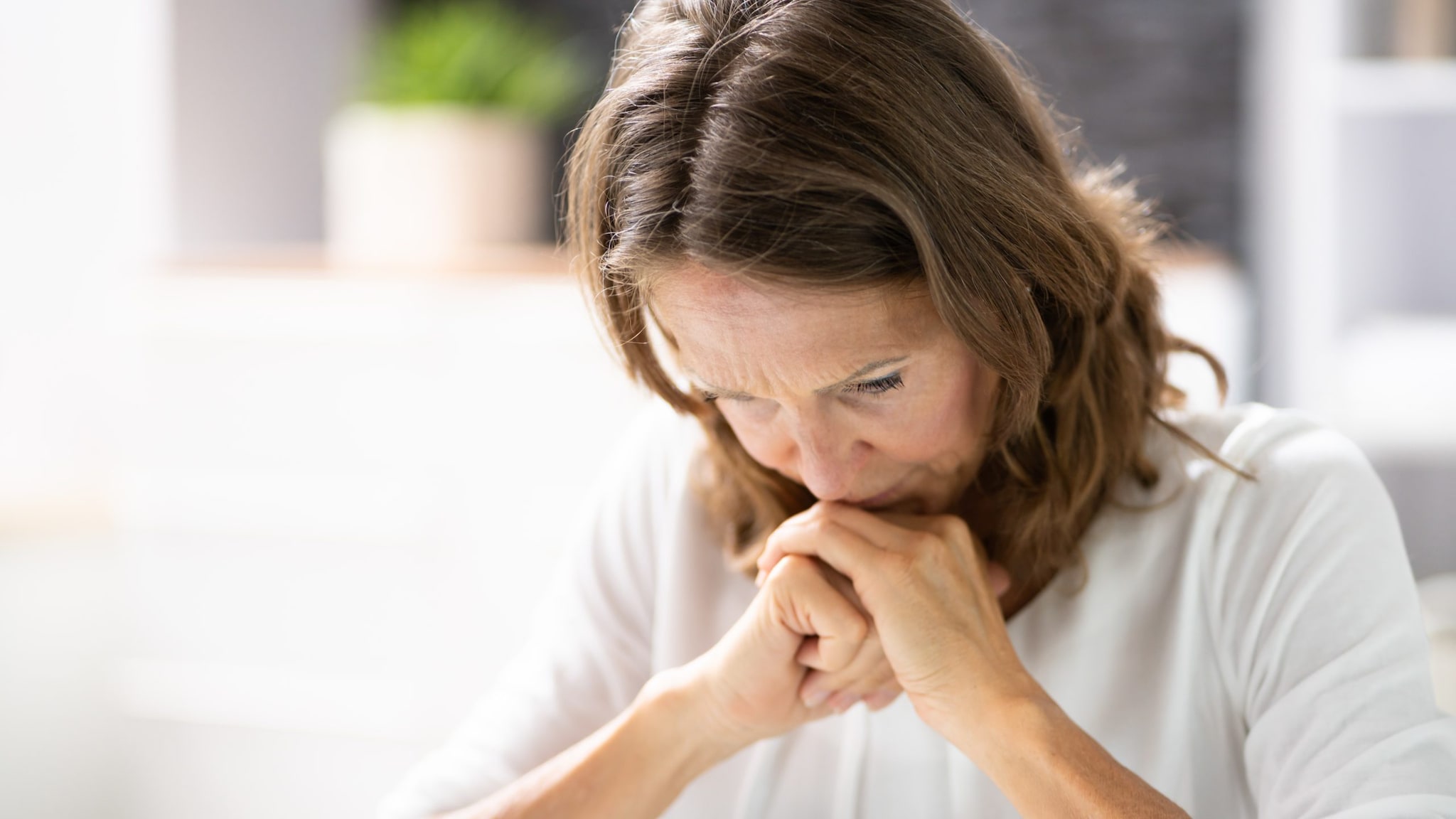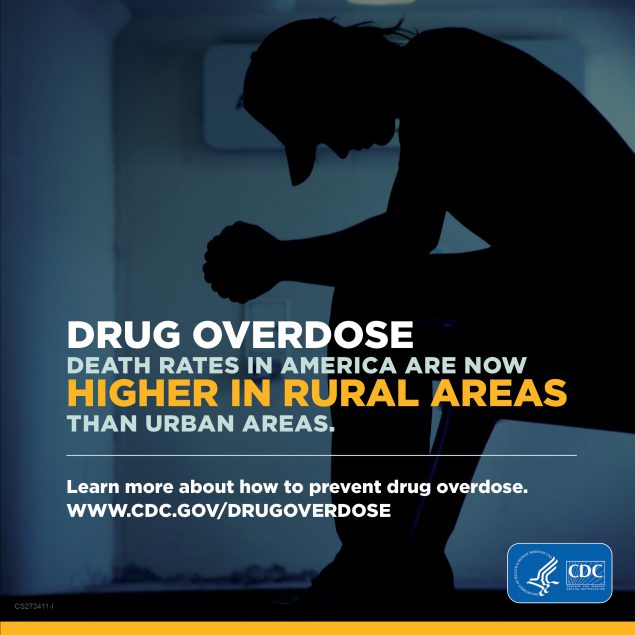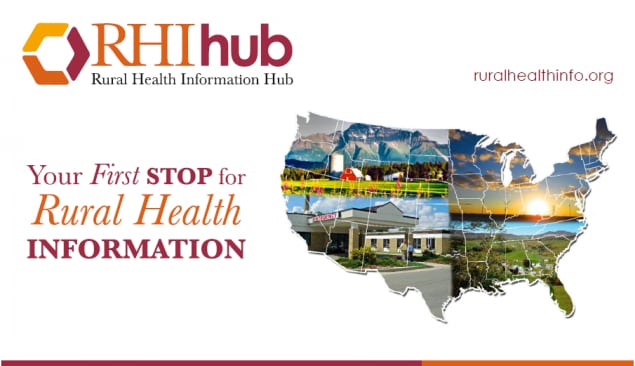Key points
- Drug overdoses are the leading cause of injury or death in the U.S.
- People living in rural areas are now at greater risk of death from drug overdose than urban Americans.
- Understanding differences in rural and urban drug overdose deaths can lead to better responses by healthcare professionals.

Overview
Drug overdoses are the leading cause of injury or death in the United States, resulting in approximately 52,000 deaths in 2015. In rural areas, rates of drug overdose deaths are rising and have surpassed rates in urban areas.
Rural areas have a lower percentage of people reporting illicit drug use than urban areas. However, the effects of illicit drug use are higher in rural areas. Among people who had used illicit drugs in the past year, the percentage of people with drug use disorders is similar for rural and urban areas.
Most rural overdose deaths occurred in homes. At home, rescue efforts may fall to relatives who have limited knowledge of or access to naloxone and overdose follow-up care.
Understanding differences between urban and rural areas
It's important to understand the differences between illicit drug use, illicit drug use disorders, and drug overdose deaths in urban and rural areas. Understanding these differences can help public health professionals identify, monitor, and prioritize responses.

Resources
What the Science Says:
CDC MMWR Report
Preventing Drug Overdose:
Public Health Strategies for Opioid Overdoses Policy Brief

